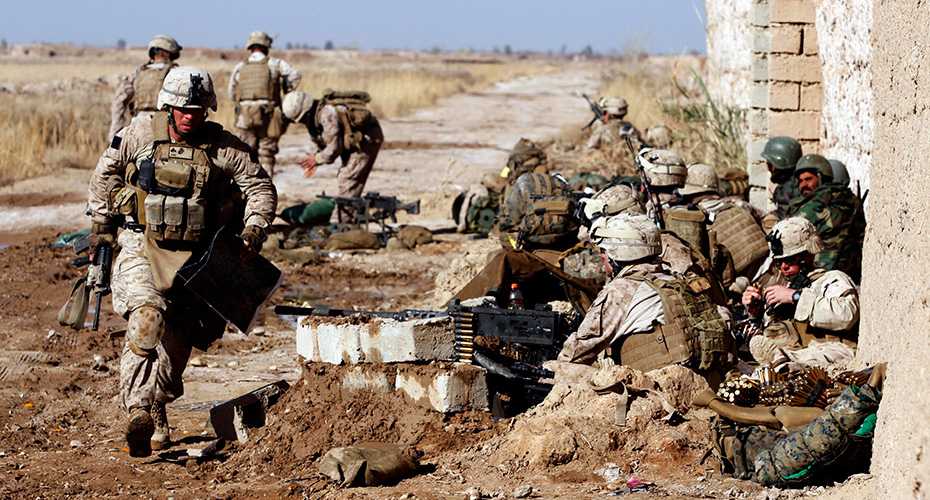Power, Violence, and (De)Colonialism
As a research cluster, we are interested in understanding the root causes, present dynamics, and future consequences of power, violence, and (de)colonialism. We are committed to exploring the socio-political implications of these processes in an effort to provide research-based means of responding to and resisting violence and imbalances of power, as well as positively supporting social justice and decolonial politics.
Since September 2022, this research theme has been led by the Decolonising Knowledges Collective. They seek to nurture a space of care and collegiality among colleagues to facilitate research on the politics of knowledge production, researcher reflexivity and decolonisation. Collective activities include regular seminar series, works-in-progress sessions, and a Decolonising Knowledges Collective blog.
In order to dismantle academic gatekeeping and the institutional hierarchy of knowledge production, students have been engaged in the collective’s activities. ECRs are supported by building a mutually caring intellectual community thereby co-constructing a distinctive identity as an interdisciplinary space for decolonial politics.
The collective remain attentive to the appropriation of decoloniality by conservative politics across the world and pay particular attention to practices of coloniality and decolonial movements within the global South.
Collective events aims to listen to and learn from the experiences of the positions of the indigenous, colonised and besieged subjects. Euro-centric knowledge is provincialised by amplifying their research and epistemic standpoints. With an enhanced departmental culture on decolonisation and knowledge politics, a safer and more inclusive institutional space is built for minoritised staff and students to share, teach, and centre their knowledges.
- Understanding the ways in which social inequalities and imperial legacies shape knowledge production
- Decolonising pedagogy for epistemic justice
- Building a critical intersectional understanding of decolonisation by investigating epistemic injustice in relation to gender, race, caste, class, disability, and the environment
- Working with ‘difficult knowledge’ and ‘safer/brave/unsettling space’
- Recognising and working with the emotional knowledges and labour in decolonising work, including anger, vulnerability, frustration, etc.
- Acknowledging activism as a form academic practice and pedagogy and problematising the monopoly of academia in knowledge production
- Exploring the role of academia in colonial knowledge creation
- Exploring the ways in which decolonising rhetoric has been weaponised by nationalist and expansionist regimes in the global south
Cluster Leads: Xianan Jin, Shubranshu Mishra, Karen Scott, Elif Ozsoy, Cat Owen
Cluster Members: Kalathmika Natarajan (History), Misan Afinotan (Law), Tiago Melo Cartaxo (Law), Deborah McFarlane (Politics), Jim Kelly (English), Andrew Schaap (Politics), Martha Vandrei (History), Gill Juleff (Anthropology), Amy Shakespeare (PGR History), Fay Kahane (PGR Politics/ESI), Deborah Ashfield (PGR English), Eleanor Choo (PGR History), Lewis Cooper (PGR Politics), Rob Lloyd (PTA Politics).
Linked networks & centres
